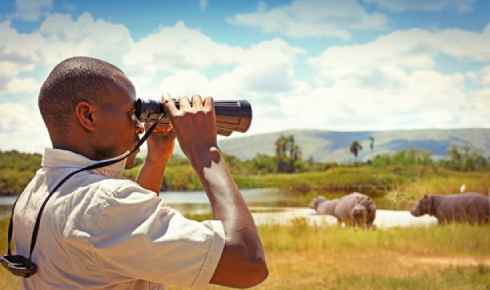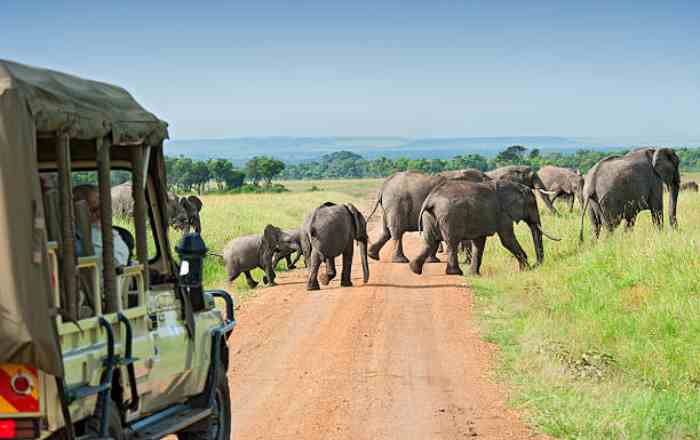The nuances of planning an African safari can be complex. Having an expert is critical in helping you to choose the right location, style of adventure and timeframe for your trip.
While you can go on safari-style trips in other places, the classic idea of a safari originated in Africa. Here are some factors to consider when choosing your safari destination:
Cost

When planning for your safari, you’ll need to know the cost of flights, accommodations, meals and game drive fees. Fortunately, there are a number of options available to help you find the perfect safari for your budget.
A great travel agent will take the time to understand your goals, address your concerns and offer expert advice on all aspects of your trip. Ultimately, they will help you make savvy savings and smart splurges that result in a trip you’ll talk about forever!
The time of year you choose for your luxury African safari can also play a role in the costs. For example, if you want to see the wildebeest migration in Kenya or Tanzania, then you should plan your trip for the drier months between June and September. However, this is not a foolproof rule and some parks and reserves will experience wet weather at this time. Therefore, it’s important to have a flexible itinerary.
Time of Year
In order to see the ‘Big Five’ (lion, leopard, buffalo, elephant and rhino), you will need to choose your safari destination wisely. This will often depend on the specific animals you want to see and when they are most active.
In general, the best time to visit a game reserve in Africa is during the dry season between June and October. This is when wildlife is most abundant and visible.
However, this isn’t always the case; it largely depends on seasonal rainfall. For example, if a region experiences good rains in the run up to November, this can cause animals that usually depart on The Great Migration to stay for a little longer.
Other factors to consider when choosing a safari include the type of activities you enjoy and your level of mobility. Whether you like walking safaris, canoeing on a river or hot-air ballooning, there’s sure to be a safari that’s perfect for you.
Destination

When it comes to safaris, there are so many different options available that choosing the right destination is a huge consideration. If you want to tick off the Big Five (lion, leopard, buffalo, rhinoceros and elephant), then it’s hard to beat Kenya for sheer abundance of game.
However, the vast landscapes of Africa mean that there’s much more to see than just wild animals and even in these parks you’ll find a wealth of unique habitats that give rise to a variety of animal behaviors that you wouldn’t necessarily encounter elsewhere.
Your preferred travel dates also play a key role here – if you want to witness the river fording leg of the Great Migration, then there’s only a short window each year when this occurs. You’ll also need to decide what kind of wildlife experience you’re looking for as each country, park and lodge will offer slightly different things. Some will focus purely on seeing big game while others may be more focused on cultural interaction.
Itinerary
The itinerary will determine which destinations and activities are available to you. For example, if you want to see the Great Migration and it only happens at certain times of year, you will need to book your safari around those dates.
Deciding on how much time you can spend on a safari is also important. Trying to pack in too many countries can make each destination feel rushed and reduce the chances of seeing big game.
Conclusion:
Lastly, it’s best to book as soon as you can to ensure availability. This is particularly true if you are looking to visit during the high season. Once your dates are set, start preparing for the trip by consulting with your doctor or travel clinic for necessary vaccinations and malaria prophylaxis. You should also start packing your luggage and ensuring that you have all the appropriate visas and passports. Also consider taking travel insurance and first-aid kit with you.

